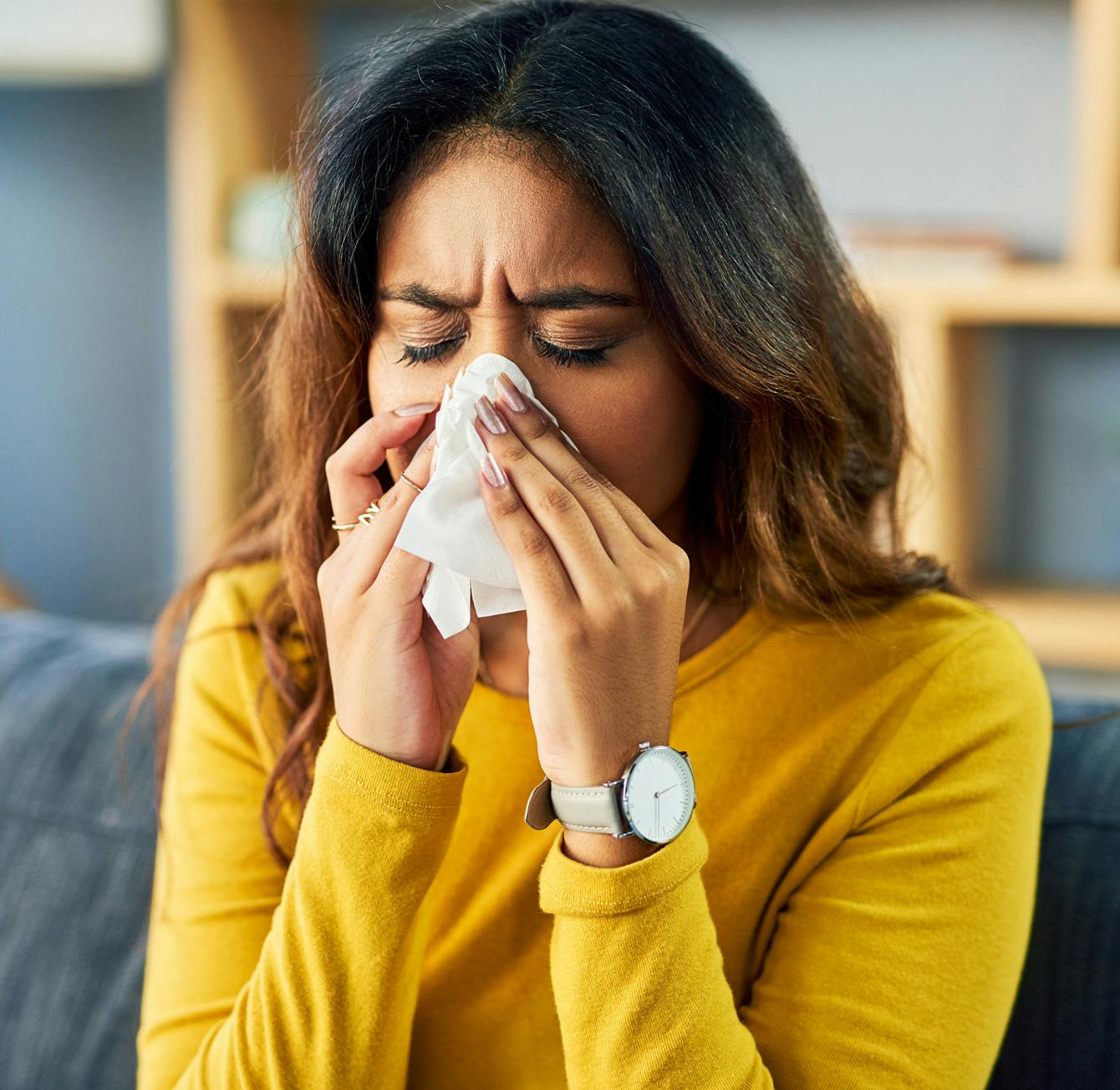Our allergy specialists have decades of experience delivering relief from allergies.
What Causes Allergies?
Allergies happen when your immune system overreacts to a substance such as dust mites, pollen, mold spores, pet dander, and more.
Symptoms of allergies often include:
- Sneezing
- Coughing
- Itchy throat
- Red, watery eyes





